Smart toilets and handles made from dead spiders are among the interesting research honored at this year's Ig Nobel.
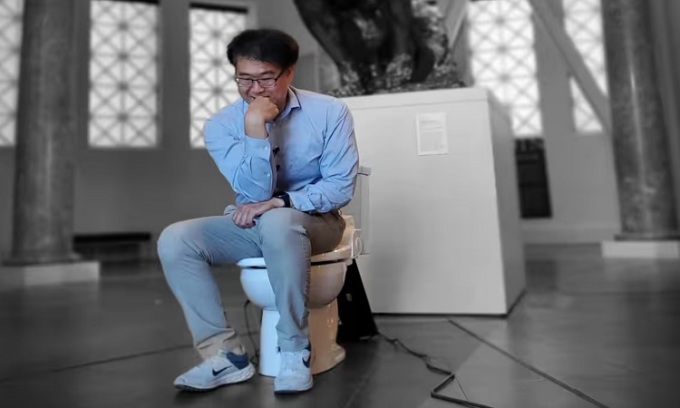
Ig Nobel Prize-winning researcher Seung-min Park at Stanford University. Photo: Natuurhistorisch Museum Rotterdam
Unlike the prestigious Nobel Prizes, which are announced next month, the Ig Nobel Prizes honor unusual fields of research that “make people laugh, then think.” Each winning team this year was awarded a prize worth 10 trillion Zimbabwean dollars.
Organized by the Annals of Improbable Research magazine, the award ceremony took place online on September 14 with the participation of many Nobel scholars and awarded 10 Ig Nobel prizes to researchers around the world .
The Ig Nobel Prize in mechanical engineering for harnessing dead spiders as grasping tools was won by a team of researchers including Te Faye Yap and Daniel Preston from Rice University in the US. "While setting up our lab, we noticed a dead spider curled up at the edge of a hallway. The lightbulb moment was when we realized that the spider only had flexor muscles to retract its legs inwards and relied on hydraulic pressure to extend its legs outwards," Yap said.
In other words, a dead spider's legs are naturally "closed" like a clenched fist, but the legs can be extended by applying pressure. Using this "necrobotic" approach, the team created a spider-shaped grip that can grasp irregularly shaped objects. Additionally, the grip could serve as a handheld device and camouflage in outdoor environments, the researchers say.
"We watch the Ig Nobels every year to see the innovative and thought-provoking work they honor. Some of our scientific exemplars have won in the past, so we're incredibly excited to accept this honor and join them," Preston said ahead of the awards ceremony.
Jan Zalasiewicz of the University of Leicester won the Ig Nobel in chemistry and geology for explaining why many scientists like to lick rocks. He revealed that while the 18th-century Italian geologist Giovanni Arduino used taste to distinguish between rocks and minerals, modern field geologists often use their tongues for other reasons. "We do this to aid our vision rather than our sense of taste, because wet surfaces reveal mineral grains better than dry surfaces," Zalasiewicz explained.
This year’s Ig Nobel Prize winners for nutrition are Homei Miyashita of Meiji University and Hiromi Nakamura of the University of Tokyo for their research on electric chopsticks and straws. Nakamura explains that the taste of food can be instantly and dramatically altered by electrical stimulation, something that is difficult to achieve with conventional ingredients such as seasonings. Her recent research has shown that it is possible to enhance the saltiness of food by electrically stimulating the tongue.
Focusing on the digestive system, the 2023 Ig Nobel Prize in Public Health was awarded to researchers who developed smart toilets, using a variety of technologies to monitor human waste for signs of disease and sensors in the system to identify users.
The Ig Nobel Prize in medicine went to a team that used cadavers to discover whether each individual's nostrils contain the same amount of hair.
The Ig Nobel Prize in Communication was awarded to scientists who conducted research, including neuroimaging analysis of experts in the field of backward speech.
The Ig Nobel Prize in Literature went to a team that explored the strange feeling that arises when the same word is written repeatedly. They suggest this is an example of the phenomenon of "jamais vu", in which people feel alienated from familiar objects.
The Ig Nobel Prize in physics went to a team that discovered that the mating activity of anchovies, which gather at night off the coast of Galicia to spawn, can create tiny eddies that mix different layers of water in the ocean.
Katy Tam, Cyanea Poon, Victoria Hui, Wijnand van Tilburg, Christy Wong, Vivian Kwong, Gigi Yuen, and Christian Chan won the Ig Nobel Prize in education for their systematic study of teacher and student burnout.
The Ig Nobel Prize in psychology went to Stanley Milgram, Leonard Bickman, and Lawrence Berkowitz, for street experiments to see how many passersby stopped to look up when they saw strangers looking up.
An Khang (According to Guardian )
Source link







![[Photo] Top players gather at the 2025 Nhan Dan Newspaper National Table Tennis Championship](https://vphoto.vietnam.vn/thumb/1200x675/vietnam/resource/IMAGE/2025/5/23/9ad5f6f4faf146b08335e5c446edb107)




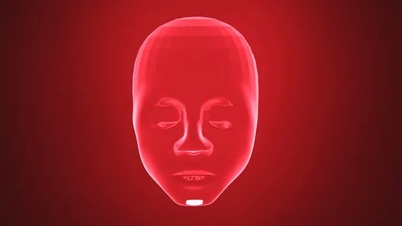




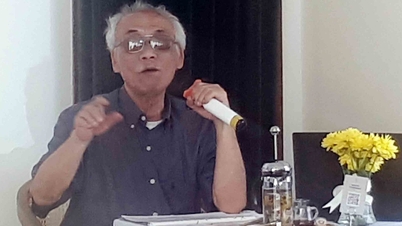


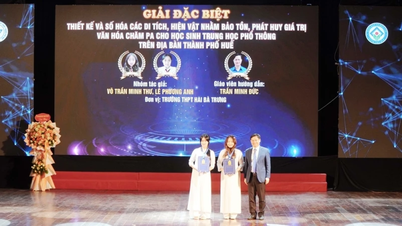

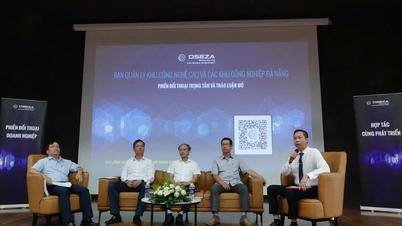


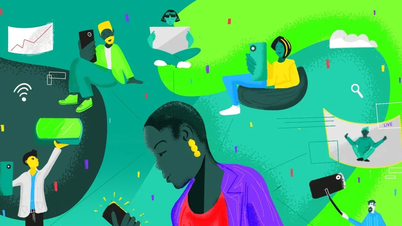























































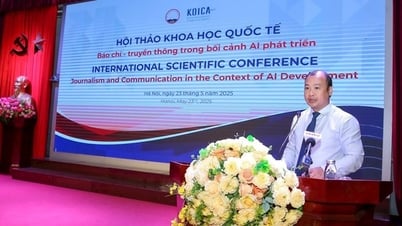























Comment (0)